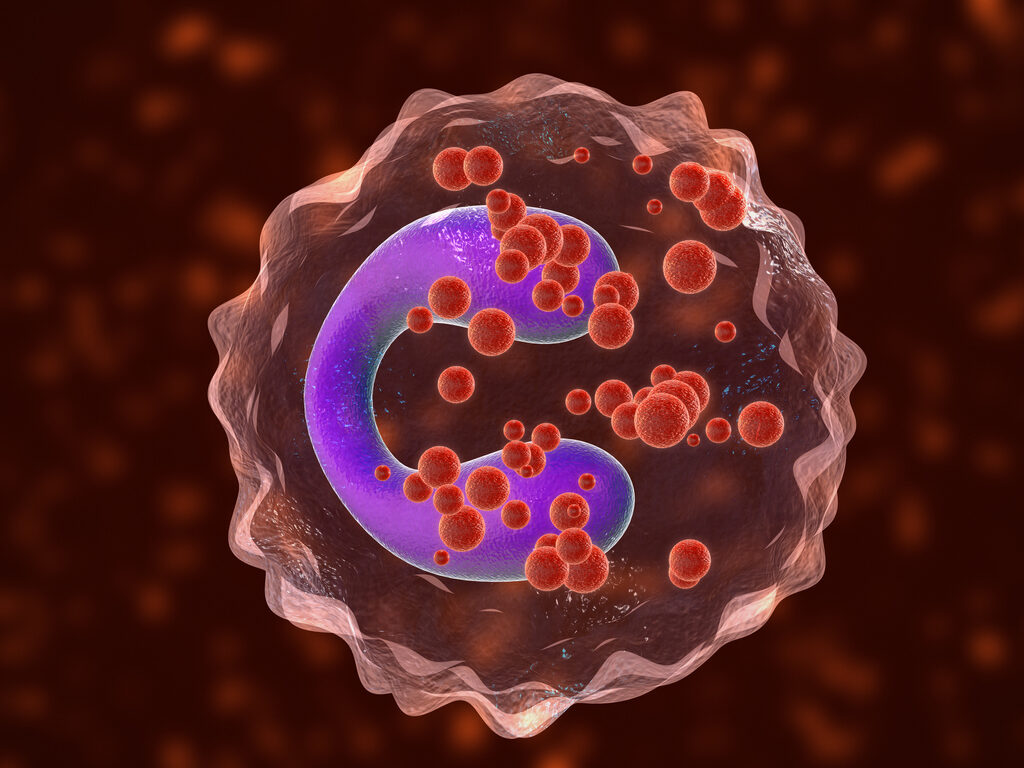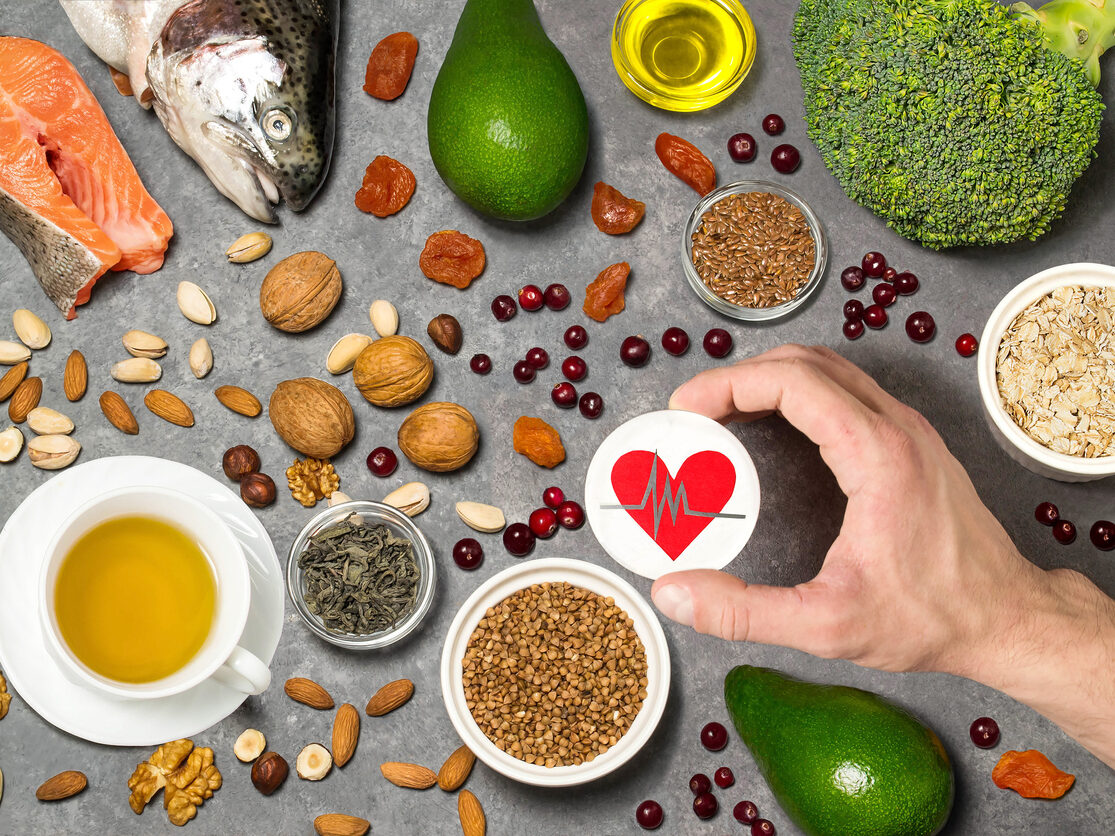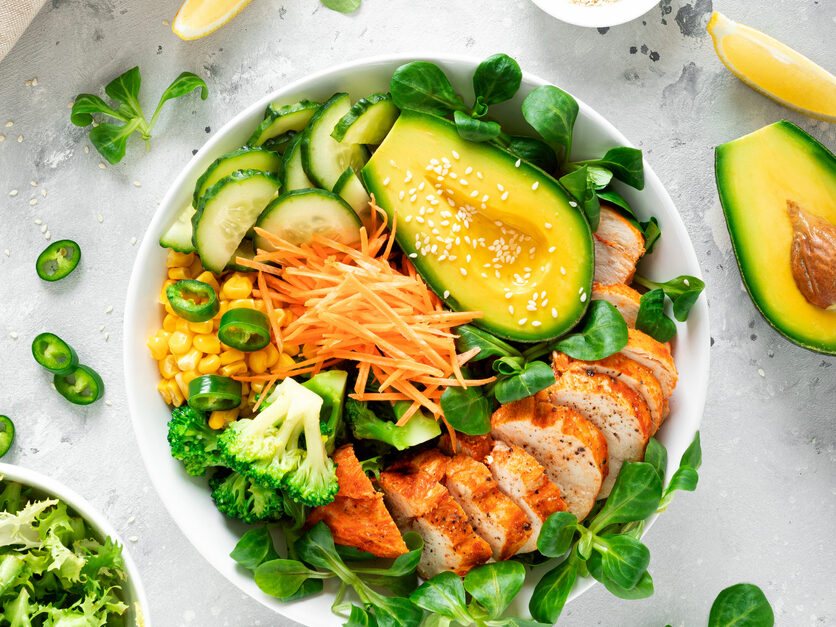While the concept of protein is familiar, its profound significance for our well-being is often underestimated.
It’s time to revisit the fundamentals in pursuit of our 2024 resolution for a healthier lifestyle.
Whether you’re a fitness veteran or a novice, grasping these essential protein facts will reignite your commitment and propel you toward realizing your fitness goals.
Join us as we delve into these critical protein facts to elevate your fitness journey.
#1: Tailoring Protein Intake to Activity Levels

Understanding that one size doesn’t fit all, the amount of protein needed varies based on activity levels. For average activity, 0.8 grams per kilogram is recommended, while athletic endeavours demand a minimum of 1.2 grams per kilogram. Striking the right balance is important, as excess protein can strain the kidneys and liver, potentially leading to weight gain. Unlike carbohydrates and fats, the body doesn’t store protein. Therefore, a consistent daily intake is essential to meet the body’s demands and maintain optimal health.
#2: Digestion and Absorption Process

Before utilization, dietary protein undergoes breakdown into amino acids during digestion. The bioavailability of proteins determines how efficiently the body absorbs and uses them. Approximately 18-20% of the body is composed of protein, underscoring its pervasive role. Protein constitutes a substantial portion of the body, emphasizing its structural and functional importance.
#3: Vital for Life

Another protein fact is that every cell in your body contains protein, orchestrating critical functions like maintaining tissues, producing hormones, and generating energy. Protein deficiency can lead to weakness, muscle loss, and even serious conditions like fatty liver disease. Ensuring sufficient protein intake is paramount for a thriving existence.
#4: Essential Amino Acids from Nutrition

Amino acids, the building blocks of protein, include nine essential ones that the body cannot produce independently. While high-quality complete proteins offer all essential amino acids, intense exercise may warrant supplementation with products like whey protein to meet specific needs.
#5: Protein for Lean Body Mass

Adding to known protein facts, did you know maintaining 1.2 to 1.6 grams of protein per kilogram of body weight is crucial for preserving lean body mass, especially in a normal, healthy population? This intake helps mitigate the risk of sarcopenia, particularly in the ageing process.
#6: Protein’s Role in Hair Health

Delve into the realm of hair health, and you’ll find proteins at the forefront. Hair, predominantly composed of proteins, undergoes a continuous growth and renewal cycle. Ensuring an ample protein intake is key during the growth phase, preventing protein deficiency-related hair fall. So, indulge in protein-rich foods to keep your locks luscious. You can also include peanut butter in your diet – a delicious and protein-packed addition that not only enhances flavour but also contributes to your overall protein intake. This is a Bonus protein fact.
#7: Personalized Responses to Proteins

Individual bodies respond differently to proteins, necessitating attention to potential allergies or intolerances. Symptoms, ranging from gluten sensitivity to lactose intolerance, vary based on personal physiology. Being attuned to these signs is critical for optimal well-being.
#8: High-Protein Diets for Weight Loss

Unlock the secret to shedding those extra pounds with a high-protein diet. Protein-rich foods keep you feeling full for extended periods, curbing excess eating. Moreover, the energy needed to digest protein is higher, leading to more calorie burn. It’s a winning formula for weight loss. However, moderation is key, as excessively high protein intake can have other health implications.
Conclusion
Remember, protein isn’t just a part of our diet, it’s a fundamental player in our health journey. Whether it’s building our cells, fuelling our energy, or supporting our immune system, protein plays a vital role. Knowing these protein facts now, as we step into 2024, let’s make protein a cornerstone of our well-being, embracing the simplicity and richness it brings to our daily lives.
Frequently Asked Questions
What are 5 things proteins do?
Proteins serve as structural support, biochemical catalysts, hormones, enzymes, building blocks, and initiators of cellular death.
What are 2 important protein facts?
Protein facts that you can’t miss is that proteins are made up of chemical ‘building blocks’ called amino acids. Your body uses amino acids to build and repair muscles and bones and to make hormones and enzymes.
What is unique about proteins?
Each type of protein has a unique sequence of amino acids, exactly the same from one molecule to the next. Many thousands of different proteins are known, each with its own particular amino acid sequence.

